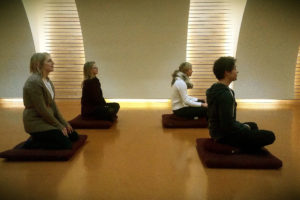Until recently, most meditation-based therapy for mental health disorders or stress-reduction has been done in-person and in group settings over the course of several weeks. Yet with widespread access to smartphones, experts are hoping to provide more accessible options that are well-studied and effective to stave off symptoms of depression and anxiety, which are on the rise and a growing public health crisis.
A new study from researchers at the Center for Healthy Minds and the School of Education at the University of Wisconsin–Madison featured in the journal JMIR Mental Health, a publication focused on digital innovations for mental health and behavior, suggests that a fully remote program administered on smartphones can also produce some of the benefits of in-person mindfulness interventions, including a reduction in symptoms of depression, anxiety, and stress and an increase in feelings of social connection.
"Our study joins a growing body of research suggesting mobile apps are a viable way to meaningfully increase access to these strategies."

“For more than a decade, we have seen evidence suggesting that meditation training can improve mental health. The bottleneck has been limited access,” says Simon Goldberg, an assistant professor of counseling psychology at the University of Wisconsin–Madison and faculty at the Center for Healthy Minds. “While there is much yet to be learned, our study joins a growing body of research suggesting mobile apps are a viable way to meaningfully increase access to these strategies.”
The Healthy Minds Program app, the program used in the study, focuses on core aspects of emotional well-being that can be trained. Researchers wanted to understand the impact of the program and three of its four modules, including “awareness” (attentiveness to one’s environment and internal cues such as bodily sensations, thoughts and feelings), “connection” (practices to train kindness towards oneself and others), and “insight” (looking inward to the nature of the self and internal experience). The program was created by Healthy Minds Innovations, the external nonprofit affiliated with the Center for Healthy Minds at UW–Madison.

“The results from this study emphasize the potential benefit of these practices, even with relatively modest engagement with the training,” says Melissa Rosenkranz, assistant professor of psychiatry at UW–Madison and the Distinguished Chair in Contemplative Neuroscience at the Center. “Resources like these become especially important during times when gathering in-person is unsafe, as it is now, or impractical; times that are also likely to be accompanied by increased stress and social isolation.”
More than 340 adults in the United States with little to no meditation experience took part in the 8-week study, reporting on their mental health symptoms before the start of the program, four weeks in, and then again after the 8-week mark. Scientists randomly assigned participants to one of three groups – one group receiving the “awareness” and “connection” modules of the Healthy Minds Program; another receiving the “awareness” and “insight” modules; and then a waitlist control group that did not receive the program until after the study completed. Those receiving the program downloaded it on their phone and listened to brief podcast-style material and guided meditations over the course of the study.
"The results from this study emphasize the potential benefit of these practices, even with relatively modest engagement with the training."
The team found that when compared with those in the waitlist group, people in the two groups that used the program showed decreases in distress and rumination (or repeatedly focusing on negative thoughts), as well as greater increases in mindfulness, social connectedness, self-reflection, insight, and defusion (or acknowledging and distancing oneself from one’s negative thoughts) when compared to the group that did not take the program. More than 70 percent of those randomized to receive the Healthy Minds Program app reported a clinically significant decrease in depression, anxiety, and stress, while only 49 percent of those in the waitlist showed this improvement.
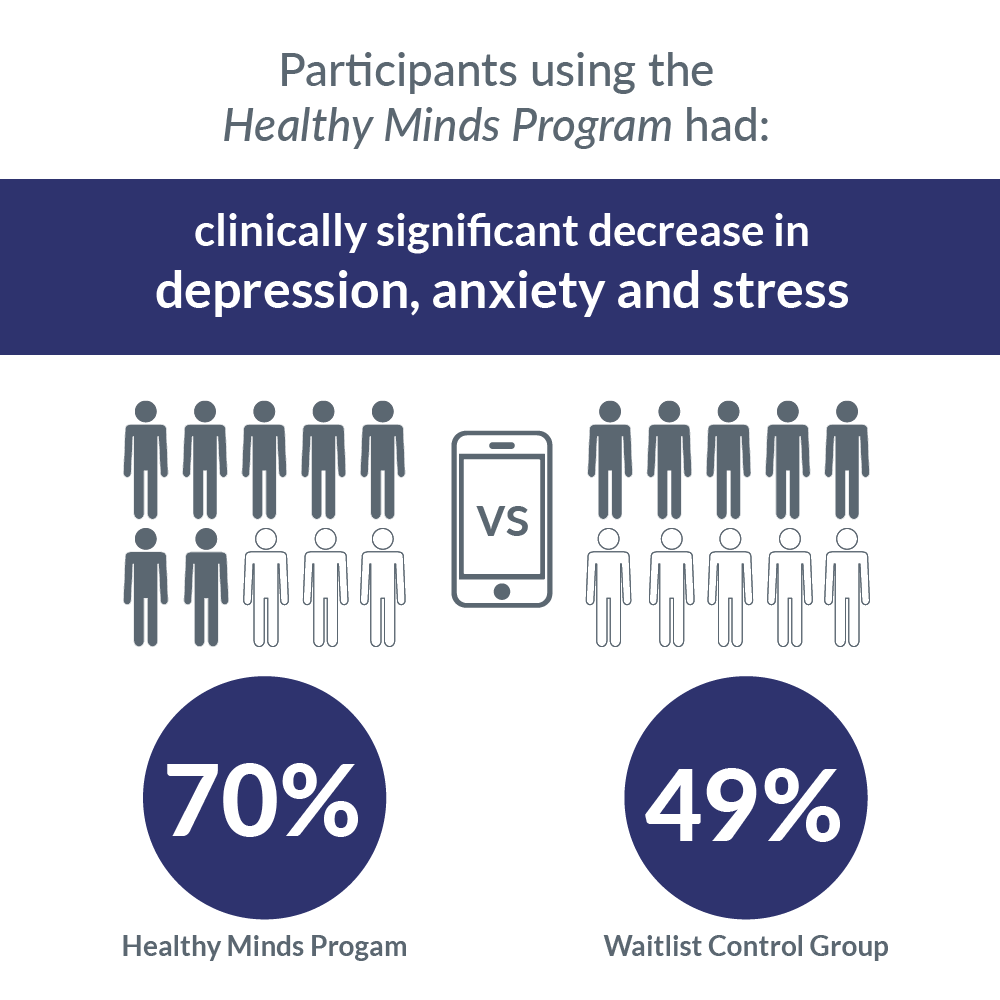
The team also noticed a dosage effect, with those who used the program more showing greater improvement on their mental health symptoms over the course of the study, which is on par with other research on mindfulness interventions. Although the results are very encouraging, the effects were smaller than those typically seen for in-person mindfulness-based interventions, suggesting there may be tradeoffs between scalability and efficacy.
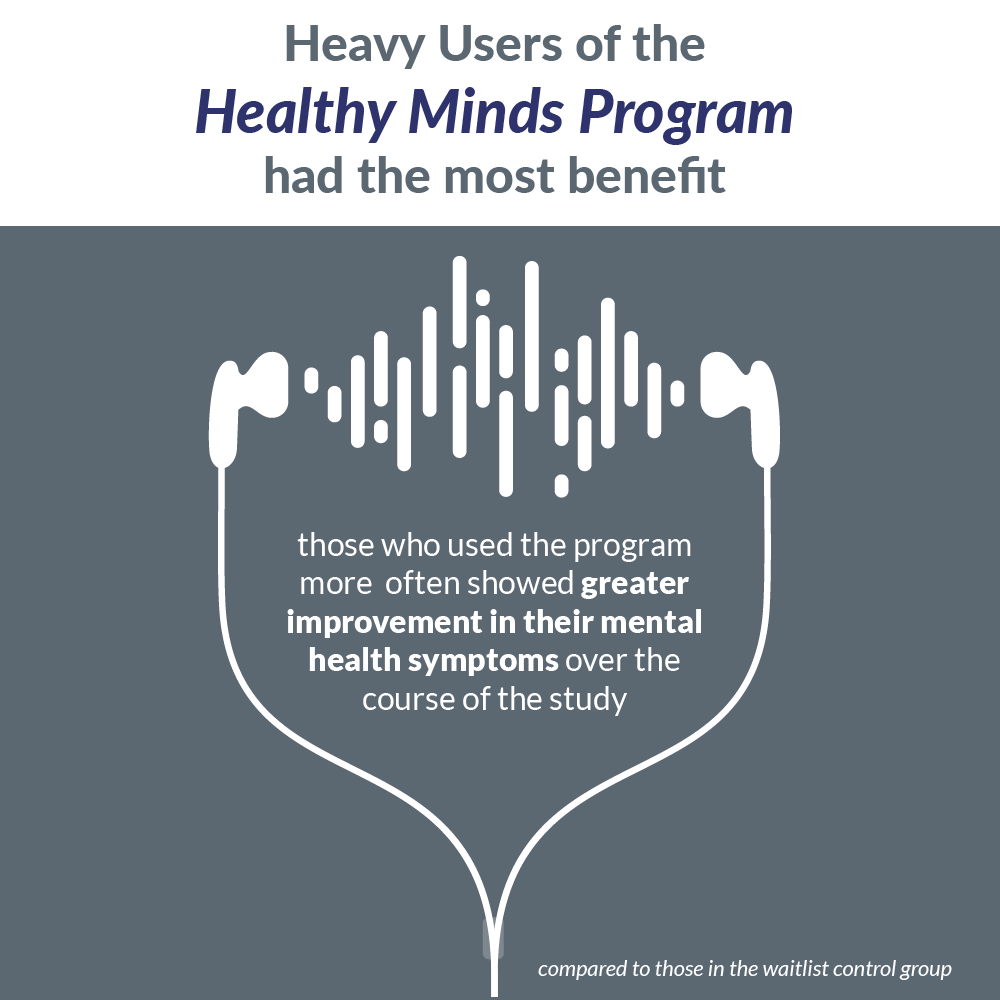
Though the early results are promising, the authors think more targeted randomized controlled trials with the Healthy Minds Program are needed. For instance, though a small portion of participants engaged with content in the “connection” and “insight” modules, scientists expected the group that did the “connection” module to show larger improvements over time in social connection than the group that did the “insight” module, which wasn’t the case. Both groups showed an increase in social connection and a reduction in distress, which means that for people with little meditation experience, the “awareness” and “insight” modules, which do include some prosocial meditation practices, may have accounted for the increase in feelings of connection.
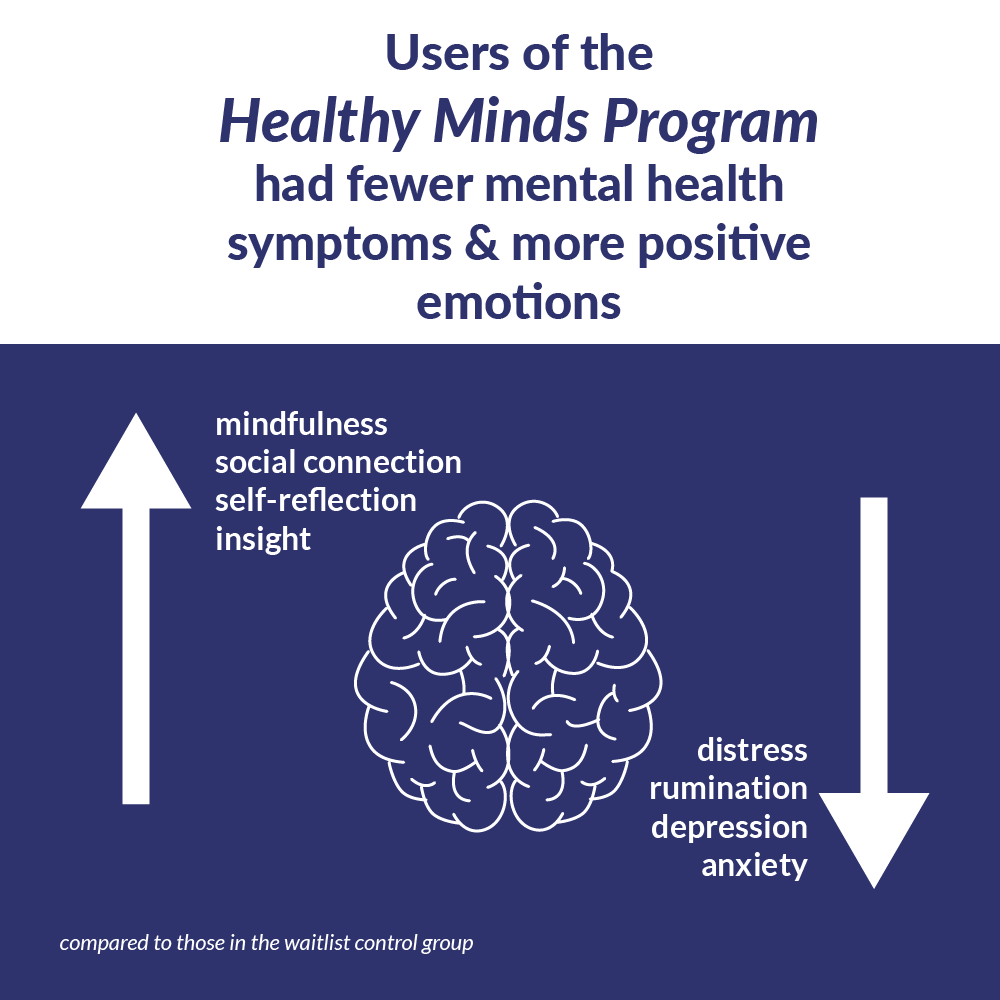
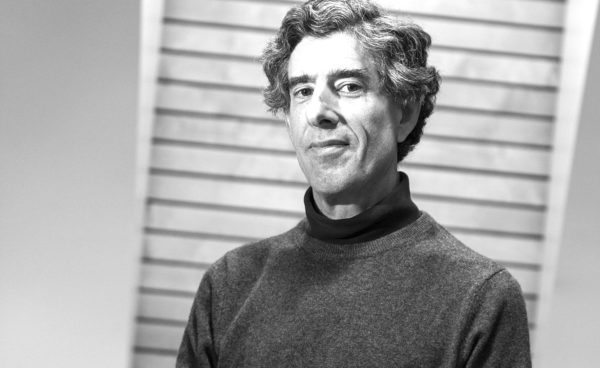
“We are excited about these findings as they represent the first randomized controlled trial with our Healthy Minds Program app, and they underscore the benefit that systematic training in well-being can have," says Richard Davidson, the William James and Vilas Professor of Psychology and Psychiatry at the founder and director of the Center. "Particularly at this time in human history, we critically need scalable solutions to address the stress, anxiety and depression that is now more prevalent as a consequence of the pandemic and social unrest than it has ever been before. Disseminating practices to cultivate well-being and measuring their impact with mobile technology will become an increasingly important modality to address the global crisis in well-being that we are now facing. We look forward to extending this work in larger samples and in different parts of the world in the near future.”
"Disseminating practices to cultivate well-being and measuring their impact with mobile technology will become an increasingly important modality to address the global crisis in well-being that we are now facing."
Because the majority of people who took part in the study were white, there’s also a vital need to understand the acceptability and effectiveness of the program in people of color who are underrepresented in the research.
“As this work proceeds, one of the key challenges is to expand the reach to historically underrepresented communities who are at an increased risk for racism-related negative psychological and health outcomes,” says Davidson, who is also the founder of the nonprofit Healthy Minds Innovations.
"One of the key challenges is to expand the reach to historically underrepresented communities who are at an increased risk for racism-related negative psychological and health outcomes."
Additional studies are planned to deepen an understanding of the core components of this well-being program, including one study among people living with depression as well as other projects focused on people in high-stress professions.
This work was supported by the National Center for Complementary and Integrative Health (Grant K23AT010879), the National Institute of Mental Health (Grant R01MH43454), and by the Clinical and Translational Science Award program through the NIH National Center for Advancing Translational Sciences (Grant UL1TR002373).



